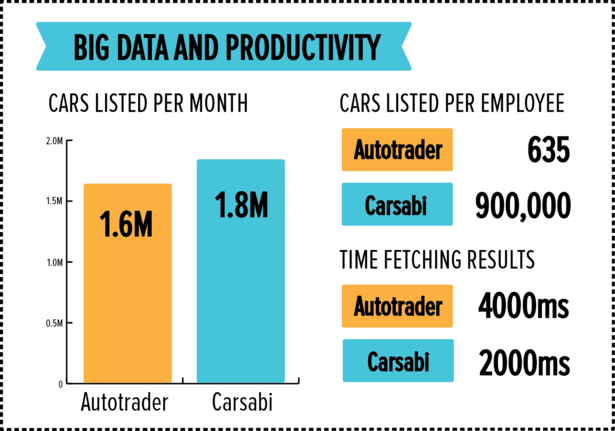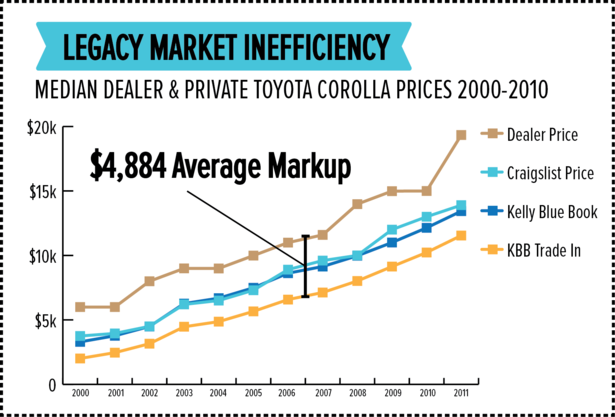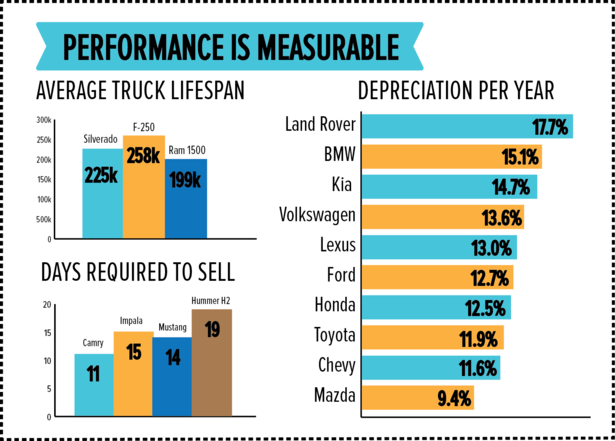'Everything Is Automated': How Web Start-Ups Attack the Offline Economy
The founder of a new used-car app explains how a wave of new online companies are using big data to make the economy more efficient and productive

It's no secret that most information is now internet accessible, including scientific facts, movie schedules, even the shape of personal networks. The degree to which the offline has online representation may have reached a tipping point, however, and a wave of startups are reacting to take advantage of it.
AirBnb's documentation and brokerage of spare bedroom capacity is worth one billion dollars. ZocDoc allows the research and reservation of physician services. And any eatery from Michelin cuisine to the lowly taco truck has not only a digital footprint with hundreds of reviews, but increasingly delivery and ordering integration with startups such as OpenTable and ZeroCater. In short, the ecosystem of real world objects that can be tracked and manipulated electronically has reached the critical mass to allow totally new methods of product selection and purchase. I run a used car search engine, Carsabi, and in getting the company off the ground, I've learned three lessons about the new online economy.
1) Everything Can Be Automated
With the physical world increasingly visible online, software can replace large teams to creating scalable business. Autotrader took decades to assemble the relationships required to list 1.6 million vehicles (about 64% of the market) in its web catalog -- presenting dealership inventory involved individual outreach to each franchise. However, because most dealerships and classifieds are now online Carsabi can crawl them directly and automatically, resulting in more than 1.8 million vehicles per month from the effort of two engineers and a few computers.
2) Middlemen Are Out
As perfect information allows the efficient pairing of supply and demand, businesses built around providing market liquidity will have an increasingly hard sell. In the automotive space, dealerships must price used vehicles for thousands more than cost to break even on storage and payroll while a buyer is found. As Craigslist and other mechanisms of efficiently matching sellers and buyers grow, expect to see legacy distribution channels lose value as consumers find ways to trade directly and securely with each other. To give some scale, consumers would gain around $50Bn per year if all used cars went through private sellers.
3) Meritocracy Is In
><



